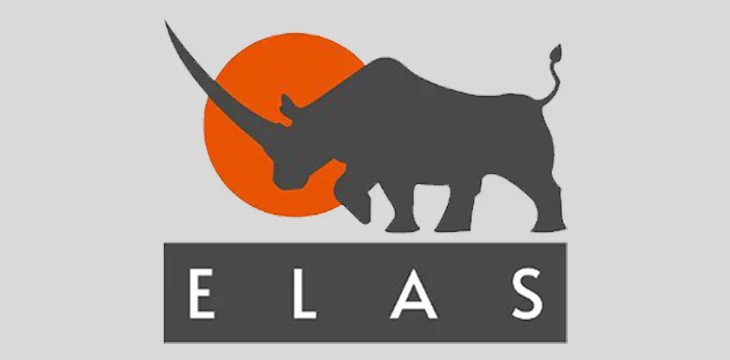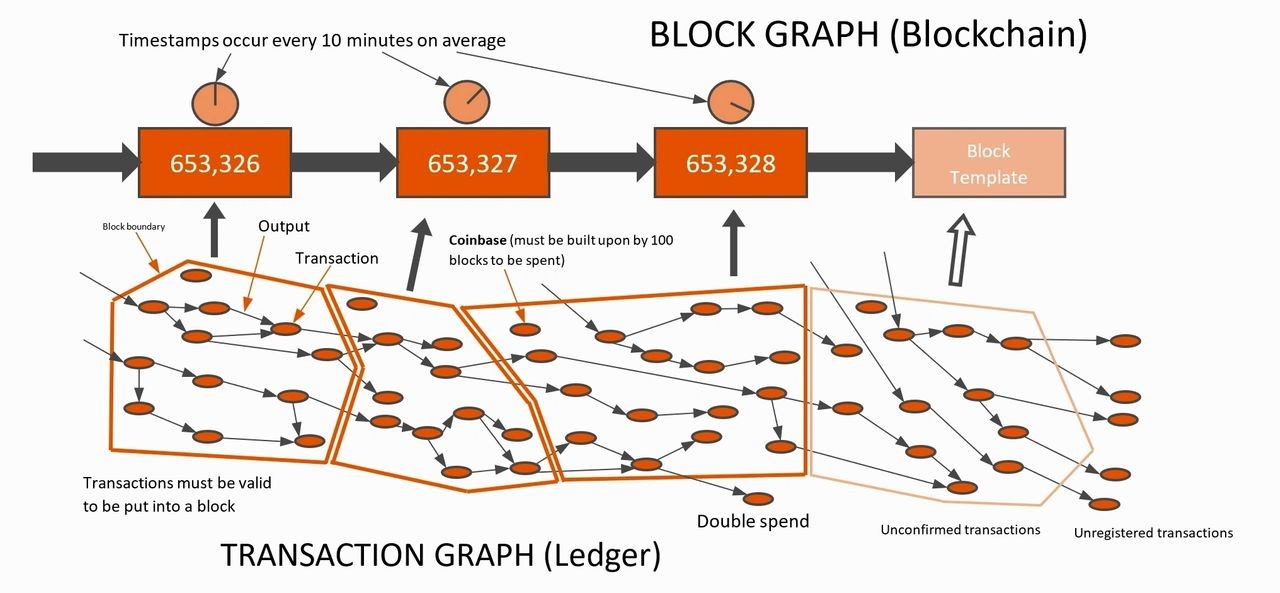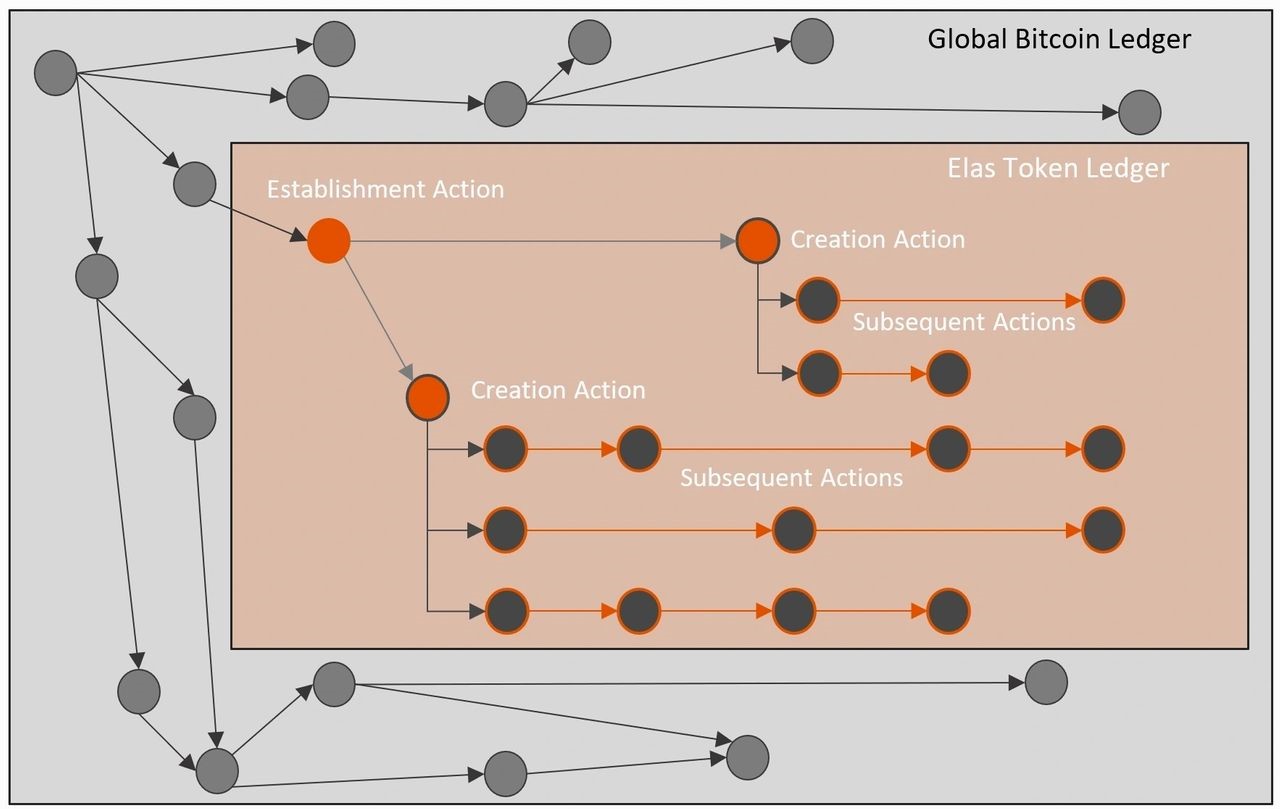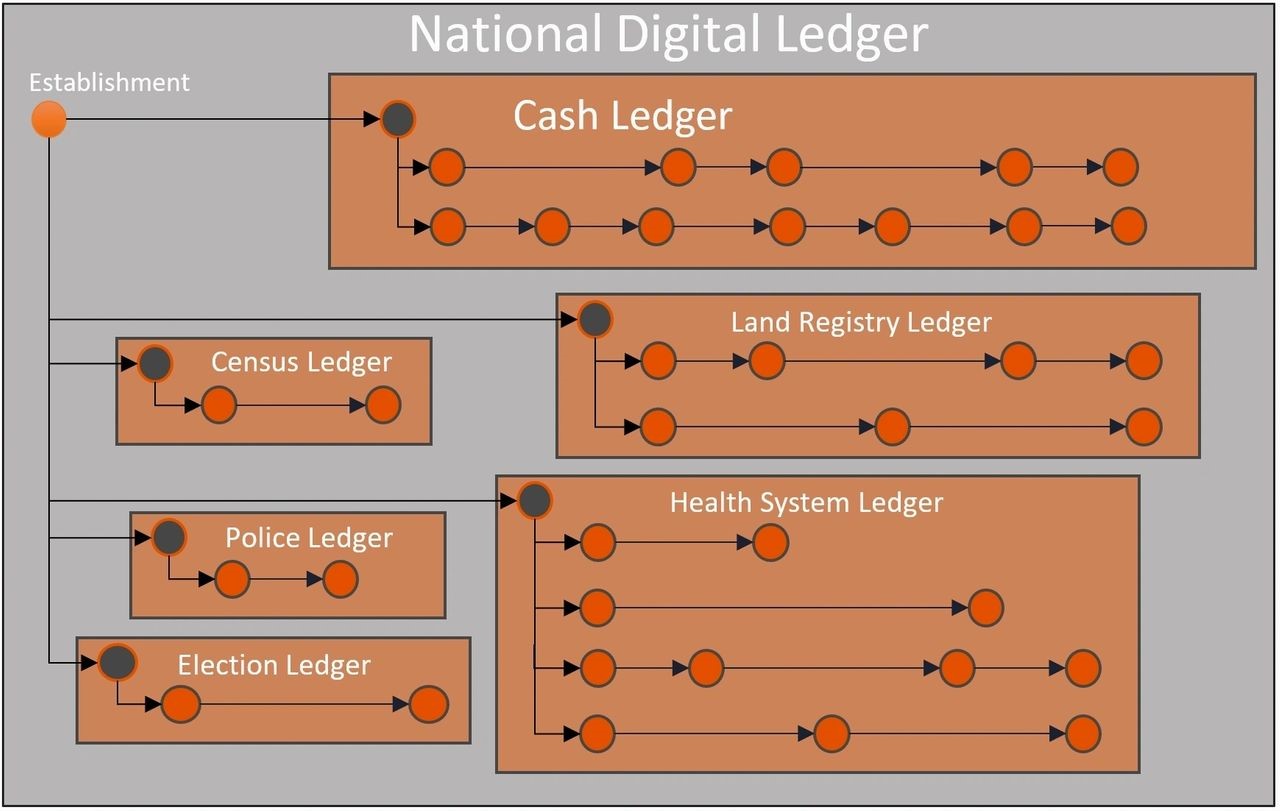
|
Getting your Trinity Audio player ready...
|
This post originally appeared on the Elas Digital website and we republished with permission from its author, Brendan Lee.
Since Bitcoin first caught my curiosity in 2017 I have made it my mission to develop my understanding of the protocol and system in order to push forward my personal goal of maximizing the change I can effect on the world. And while it sounds a bit contrite, I take it very seriously. Over the last decade I have left well-paying jobs for less lucrative opportunities that afforded me a route to my goal, eventually leaping out on my own in 2017 with Coinstorage, into Tokenized then Bitcoin Association and Faiā.
It’s an uncomfortable feeling, taking a leap of faith, and I remember vividly the feeling of floating detached in a void, unable to grasp anything solid. I spent a lot of time working to solidify my understanding of Bitcoin as a system, a source of honesty and truth, and something that can be built upon without fear of performance bottlenecks or limits in capability and as an outcome of that experience I feel now that I have an anchor, something I can push down upon, lifting myself and others up to bring about even a small part of the material change we need in the world today.
Separation of the paradigm
During my work on the Bitcoin SV wiki it dawned on me that the Bitcoin Ledger and Bitcoin Blockchain are actually separate things, and that this separation is something that we can show mathematically, with the ledger represented as a free-form graph of edges linking transactions to one another and the blockchain as a fixed linear string of blocks, each containing a small part of the ledger, timestamped and secured with proof of work. With any given ledger, there are a massive number of possible permutations that can create a valid blockchain. Miners are free to apply their proof of work as they want, accepting or rejecting transactions as befits their business model. In the ledger, however, each transaction is unique due to its location and script, and no-matter which block they go into, they do not change.

Once you separate the concepts of blockchain and ledger from each other, you become free to disregard it almost entirely while you imagine what you are creating. I look at it only as an artifact constructed to secure records of work. The blockchain is created after you build what you want on the ledger, acting as an anchor tying your actions to a marker in the temporal realm.
It is within the bounds of this freedom that the idea of an Elas Ledger was born.
Elas Ledgers

An Elas Ledger represents a new way of viewing activity taking place on Bitcoin. All actions within an Elas ledger take place on edges that we can provably link back to a Ledger Establishment action.
The Establishment Action is a public statement from the ledger’s creator stating what the purpose of the ledger is, who is using it and how it is being managed. For ledgers being created to perform actions within a regulated market, this statement may need to include information on compliance with regulations, affiliations with government agencies or more.
Importantly, within an Elas Ledger, the creator has the freedom to define subsequent sub-ledgers for different purposes. In the case of a corporation, this might be to manage tickets, track goods or trace customer interactions. For a nation state, sub-ledgers can be used to issue currency, track health and education data, manage elections and more. All provably done within their Elas ledger on Bitcoin.

Over the next while, I will be publishing a series of use cases for Elas digital ledgers to give you an idea of the versatility this system offers. For now, if you believe that Elas might offer something for you or want more information please fill out the contact form on our website and someone will be in touch with you as soon as possible.
Brendan

 11-10-2024
11-10-2024 


